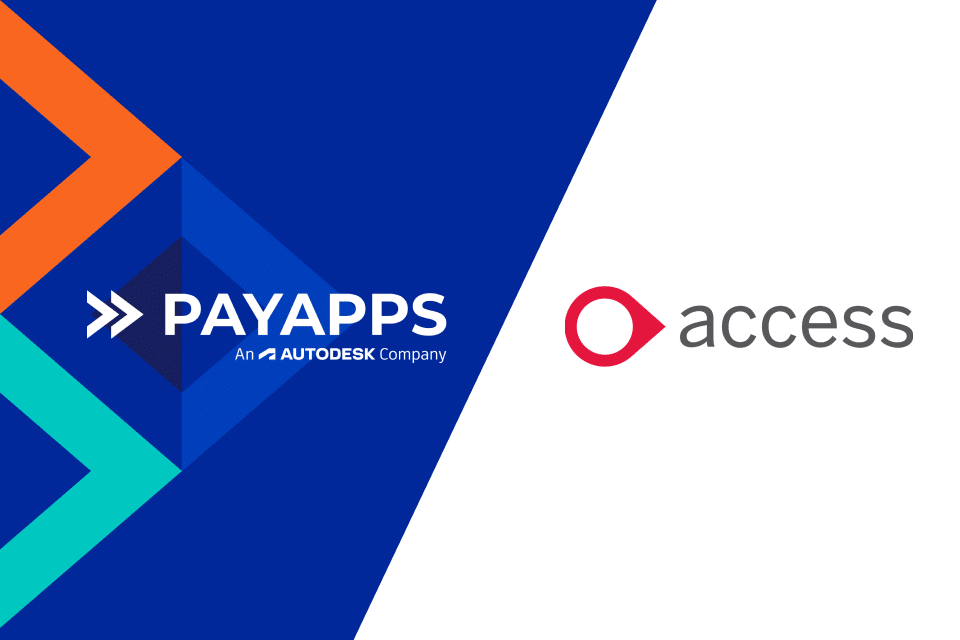Over-reliance on spreadsheets and paper could be slowing down your construction procedures and eating into your profit margins
With all the uncertainties hanging over the industry – not least the specific funding, labour and trading challenges that Brexit poses – companies can’t afford to work with inefficient construction procedures that swallow up skilled staff and can seriously slow down progress.

Luddites United
It can be hard to plan and manage construction projects when the sector is so dependent on paper-based processes and spreadsheet packages. The two are the Steptoe & Son of the planning world – archaic, inefficient and potentially very funny if only they weren’t so critical to effective construction project management. Spreadsheets may have seemed like a godsend back in the 1980s, but as The Actuary reported, these days they’re more likely to throw up more obstacles to efficiency than they can deliver on.
Few construction procedures are more unwieldy than the monthly payment claims process. So if you’re on the hunt for cost efficiencies and time savings – and who isn’t, even during the good times? – then it’s time to look at recent innovations that are taking the pain away from this monthly task.
First are the disparate systems that contract parties use when submitting/assessing AfPs, which can push up admin, print and distribution costs. And then there’s the industry-wide epidemic of disputes – arguments, counter-arguments and the slamming down of phones. This can lead to serious cash flow issues and in the long term, cause far-reaching reputational damage.
This dependence on spreadsheets, paper-based invoicing and phone calls perhaps explains why 20% of all commercial projects experience disputes with the average cost per dispute estimated at £50,000 – if it doesn’t go to court. Moving away from traditional methods for AfP then is becoming increasingly important for managers who are turning to bespoke construction software to take the strain.
Spreadsheet slayers
Say goodbye to all those filing cabinets crammed with paperwork, PCs stuffed with indecipherable data and angry contractors haranguing company switchboard operators, Cloud-based platforms now offer all contract parties access to a single always-on portal. These offer the ability to automate key AfP processes, including intuitive payment and approval forms that are easy for contract parties to fill in and analyse – and that are standardised, transparent and compliant with the Construction Contracts Act.
These software solutions also integrate with existing ERP platforms and other accounting legacy systems to ensure workflows and construction project planning are not disrupted. Critically, these platforms also strip away the need for manual data input tasks that can lead to costly errors and disputes in the first place.
This approach to data wrangling can pay dividends for those who automate their AfP processes as part of a wider data management strategy across all construction project planning.
Handle your data right and analyst IDG estimates that companies with more effective data grow 35% faster than competitors who are data inefficient – and for an industry that is struggling, such potential for growth can only be good news.
Takeaways
- Analyse your existing financial planning and management processes; are they relying too much on outdated procedures such as spreadsheets and paper?
- Explore the benefits of software platforms designed specifically for the construction industry to take on the heavy lifting of finance planning.
- Drive down the costs and time lost associated with lodging/processing payment claims data by introducing a single platform that all contract parties can work together on.
- Deploy such platforms as part of a wider strategy to handle construction planning data more efficiently and boost growth within a challenging sector.





